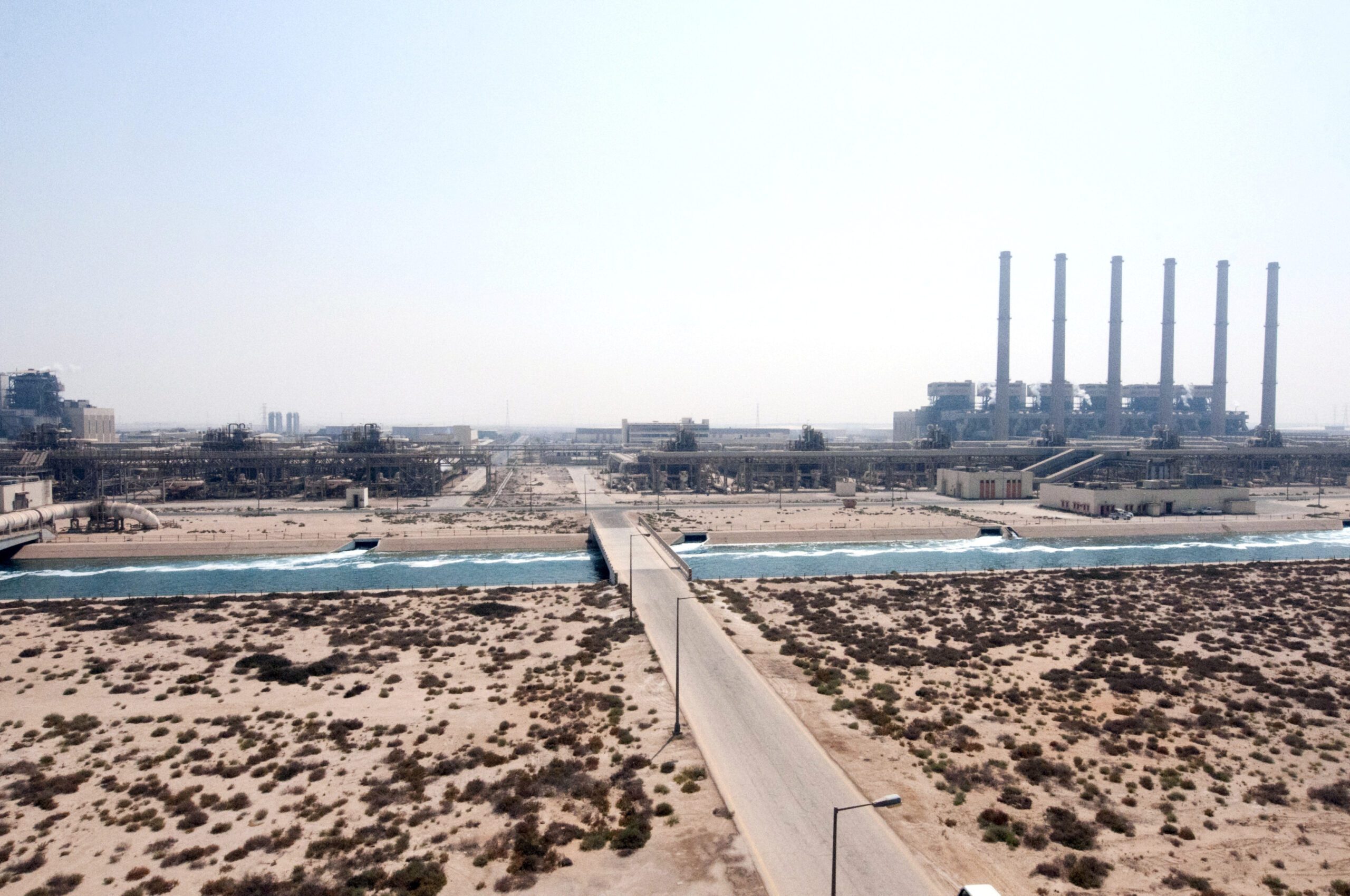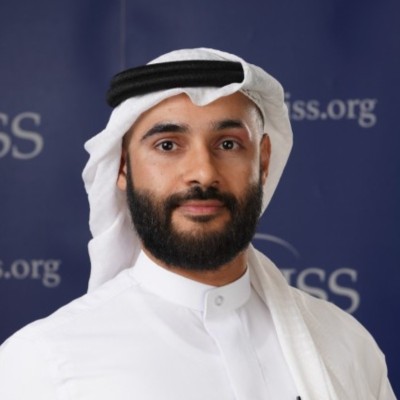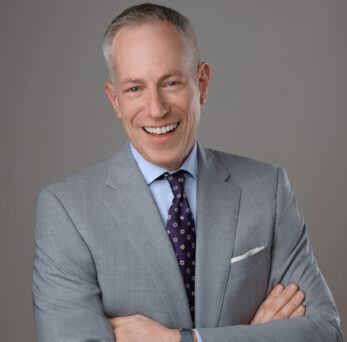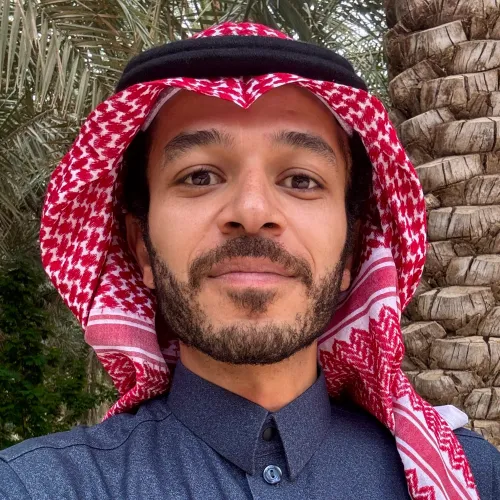Regional Affairs
May 1, 2025
From Petrodollar Partners to Geo-Economic Rivals? Washington and the Arab Gulf States
On May 8, AGSIW hosted a discussion on how U.S. geoeconomic policy is reshaping ties with Gulf states.
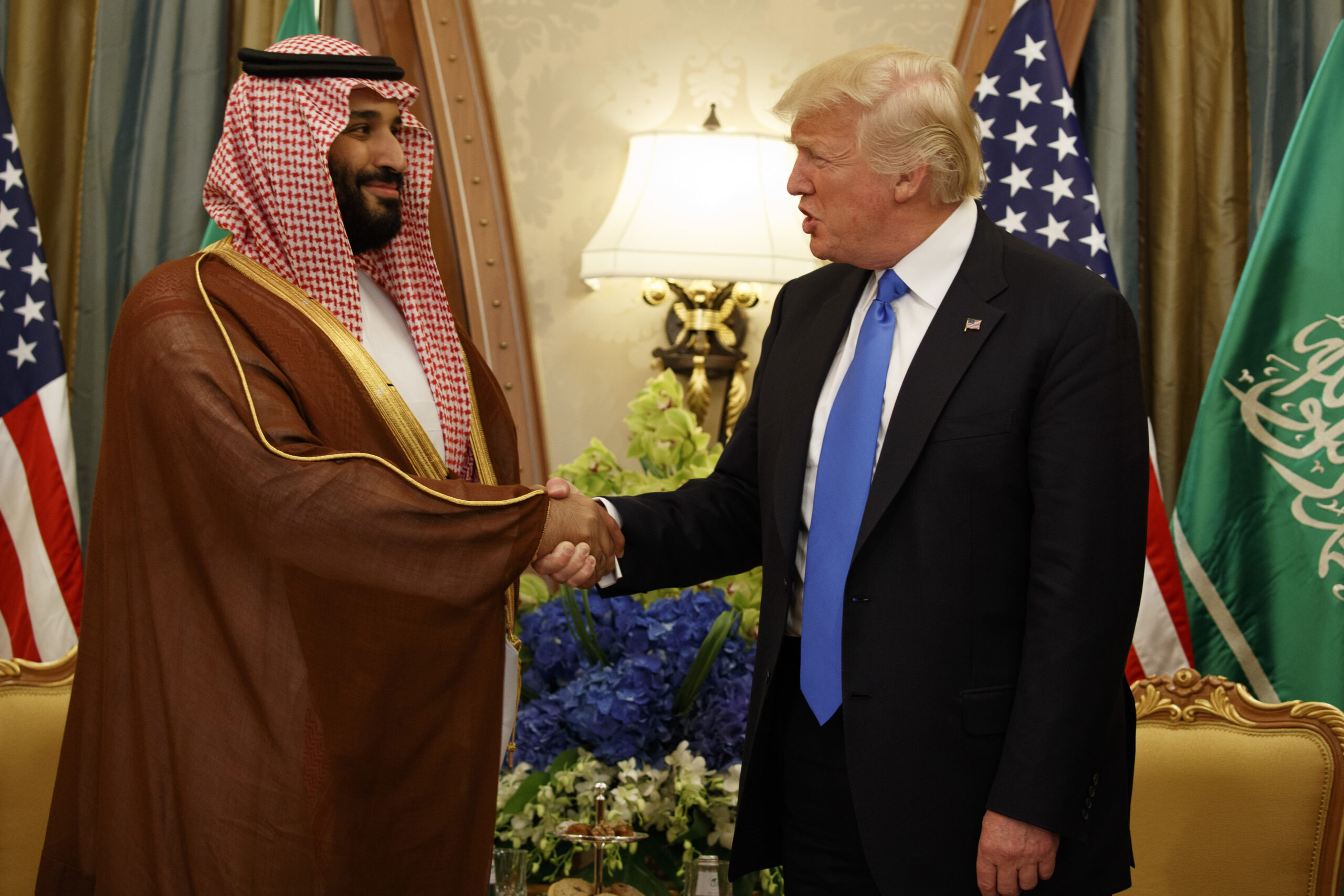
Apr 28, 2025
A Conversation With Ambassador Michael Ratney
On April 22, AGSI hosted a conversation with Michael Ratney, the U.S. ambassador to Saudi Arabia.
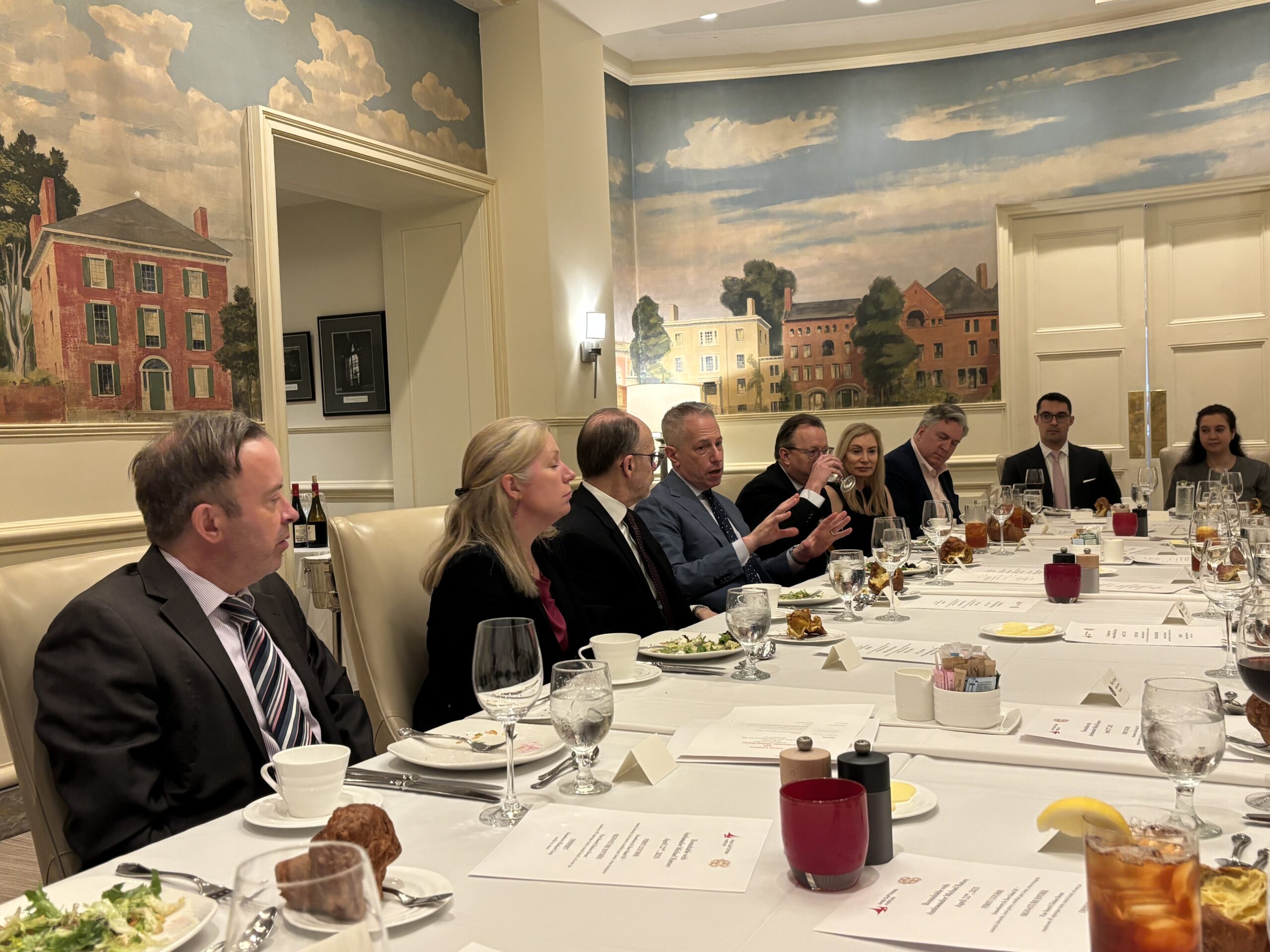
Apr 24, 2025
Trade Tensions and Tariffs: IEA, EIA, and OPEC Slash Global Oil Demand Forecasts
Global demand forecasts by leading agencies have diverged sharply, reflecting a deepening sense of uncertainty about the future path of the global economy.
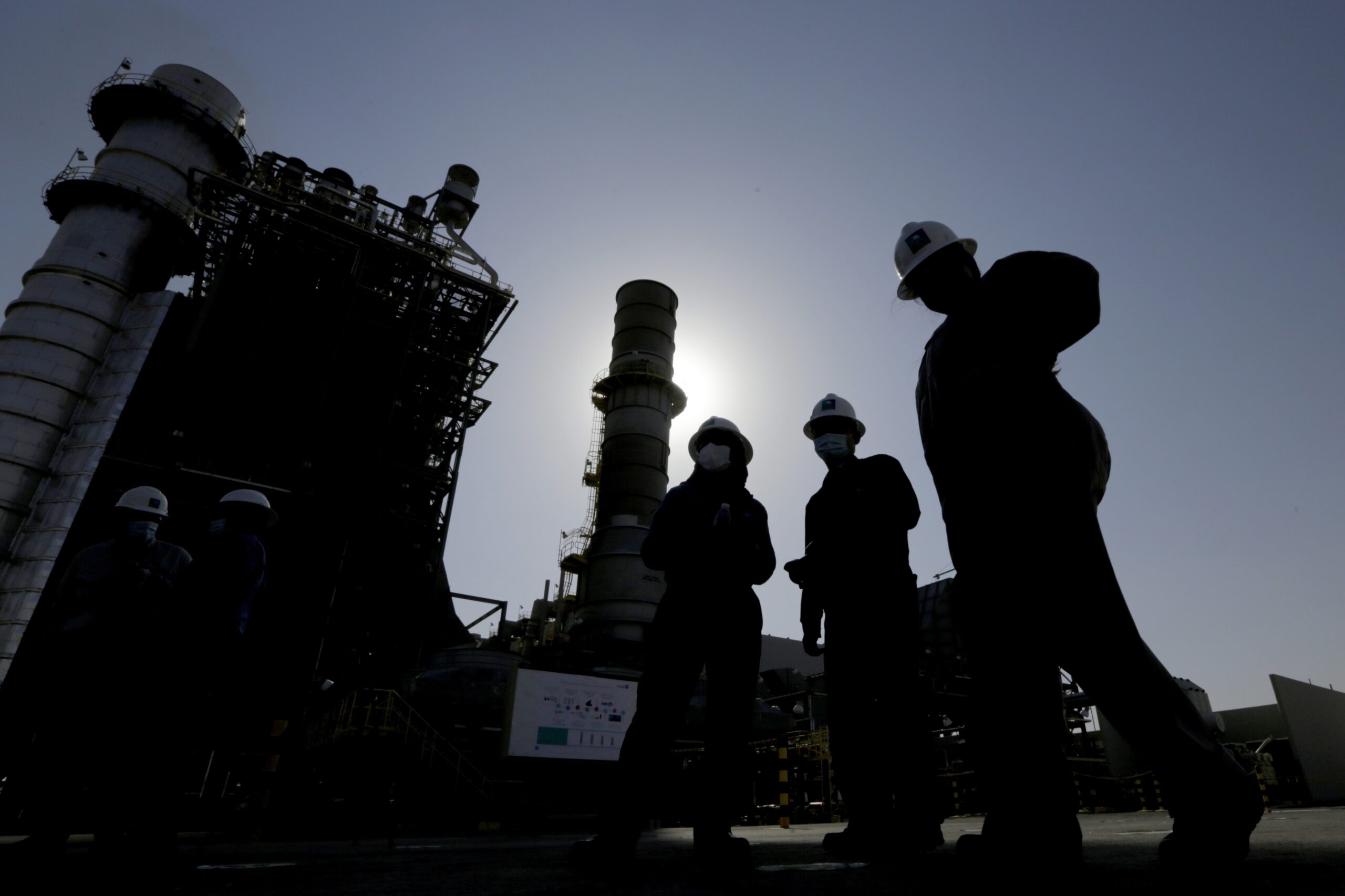
Apr 21, 2025
Gulf Economies and the Tariff Storm
Trump’s tariff agenda may complicate Gulf governments’ capabilities to advance key policy initiatives and strategic economic partnerships, including Gulf investments in the United States.
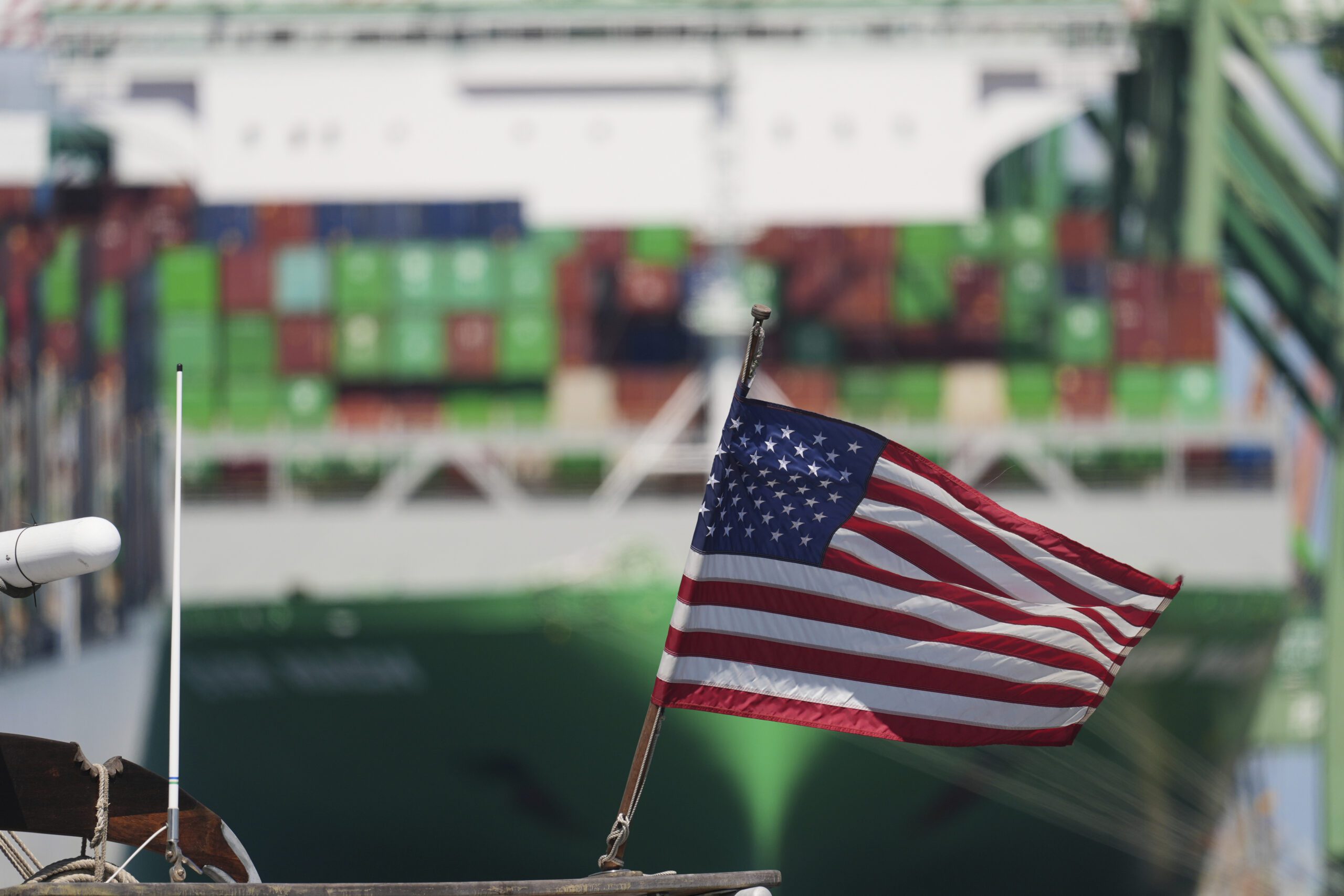
Apr 17, 2025
AGSI x Culture Summit: A New World History: Nonhuman Perspectives in Gulf Art
On April 29, AGSI convened a session on alternative histories in art at Culture Summit Abu Dhabi.
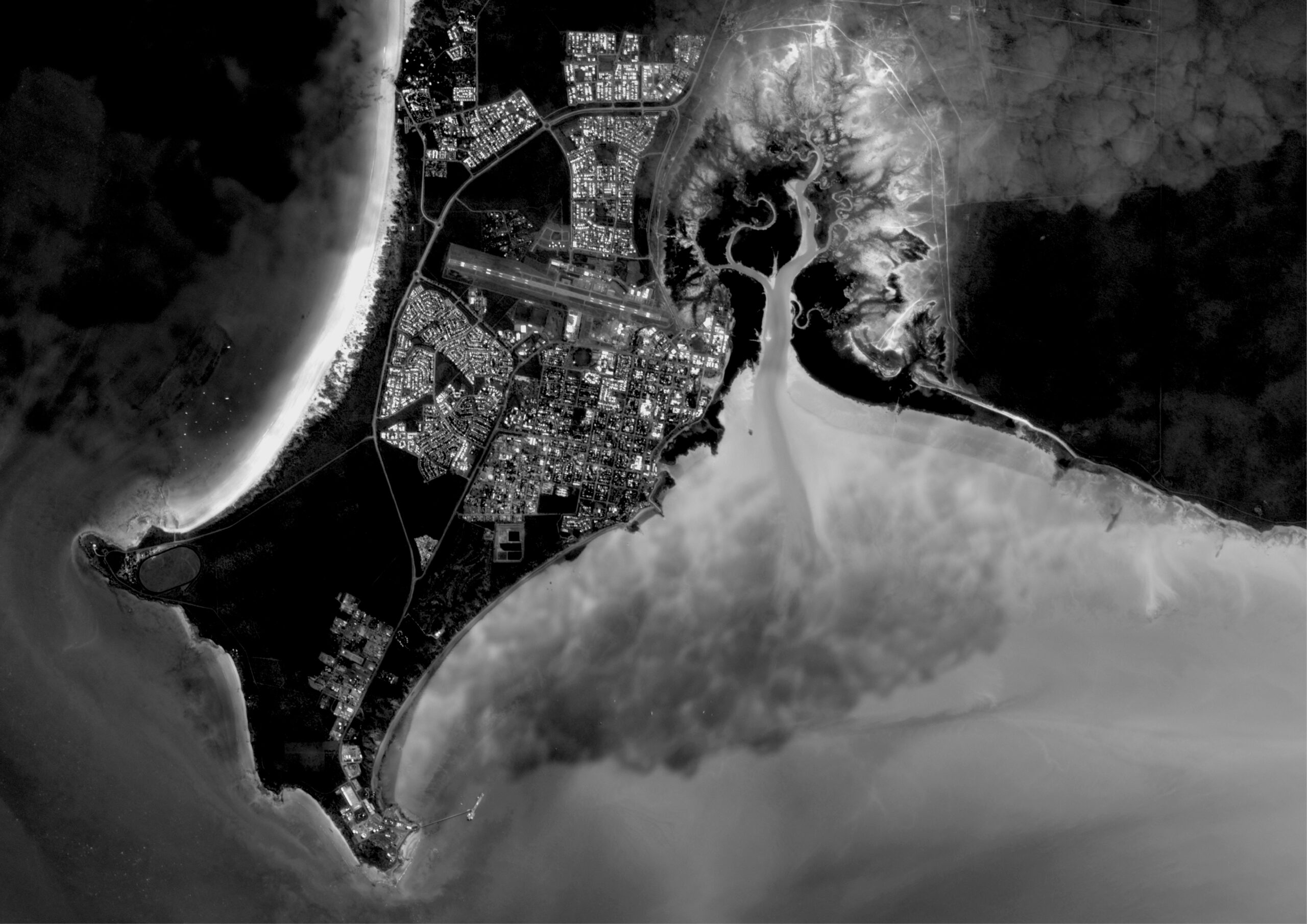
Apr 17, 2025
Public-Private Partnerships Becoming the It Couple for Gulf Infrastructure Development
Successful public-private partnerships could help Gulf Arab states improve infrastructure without further burdening state resources.
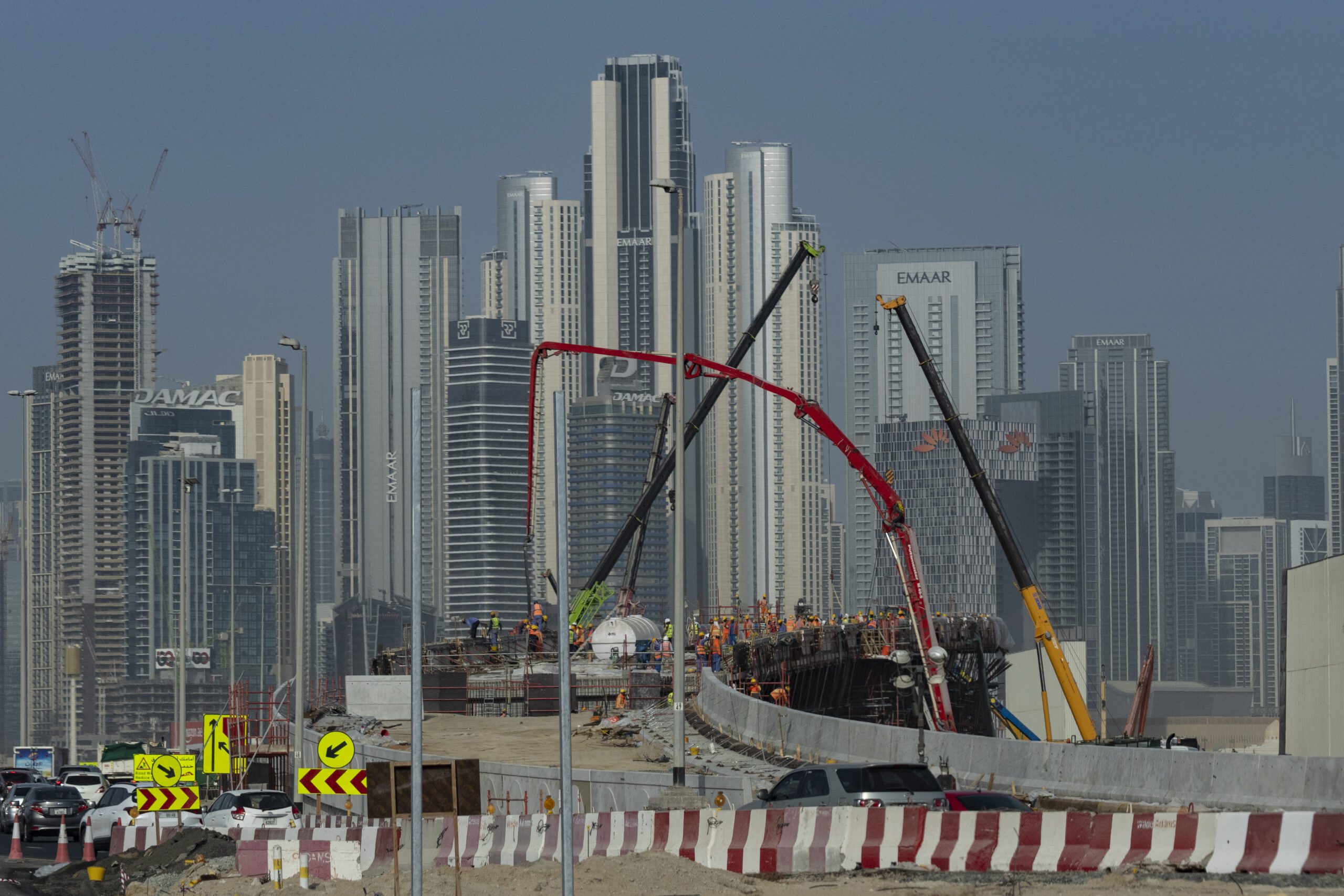
Apr 7, 2025
OPEC+ Hikes Output as Trump Tariffs Rattle Global Markets
The concern for Gulf oil producers is that tariffs on major Asian powers could impact their manufacturing sectors and economies and dampen demand for oil.
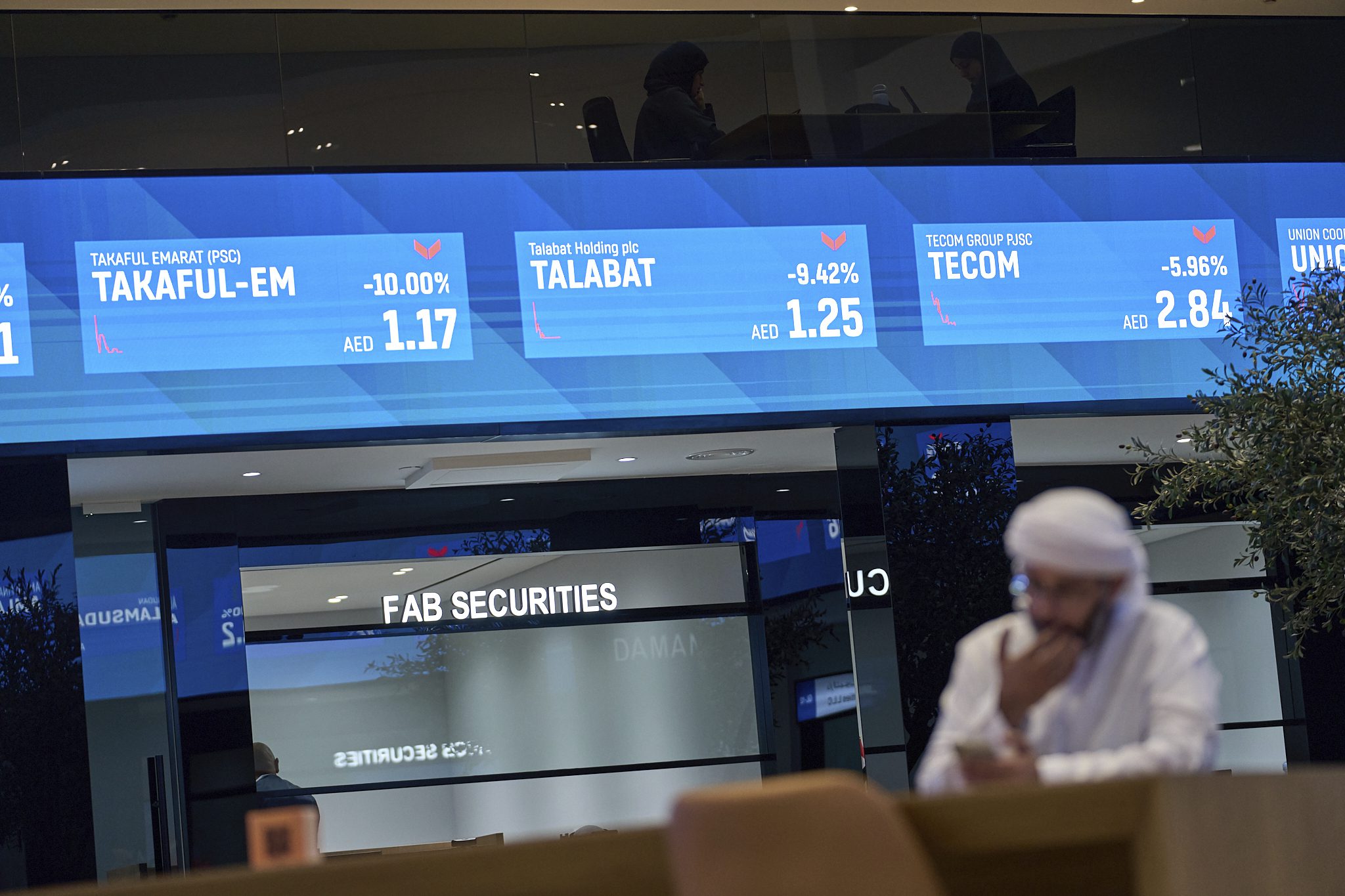
Apr 3, 2025
Saudi Arabia’s Water Future: Addressing Scarcity and Ensuring Sustainability
Continuous innovation, efficient institutional coordination, and further international collaboration will be critical to ensuring the kingdom’s water security remains robust in the face of evolving challenges.
